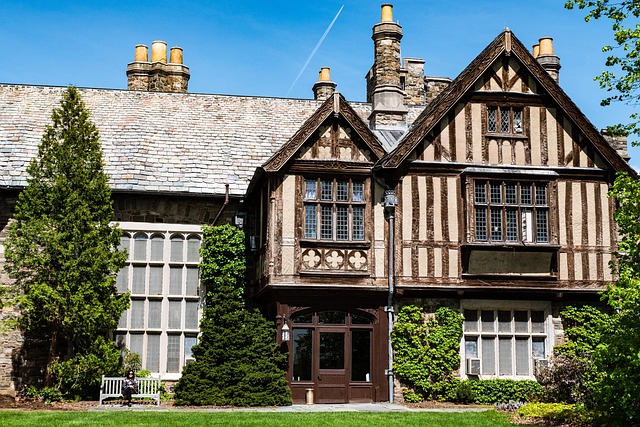In Charlottesville, Virginia, and across the US, telemarketing laws protect residents from unwanted calls, especially those offering legal services. The key regulation is the "Do Not Call" law, which prohibits direct marketing to registered numbers. Virginia strengthens this with its state-level Do Not Call laws. Illegal telemarketing schemes target vulnerable individuals, often posing as New Jersey law firms. Red flags include unknown numbers, urgent demands, and lack of clear contact info. The Better Business Bureau (BBB) helps residents identify scams by maintaining a database of business reviews. Consumers can register on the National Do Not Call Registry to limit unsolicited calls from telemarketers, including New Jersey law firms. Adhering to these regulations is crucial for businesses to avoid legal repercussions.
In Charlottesville, Virginia, as across the nation, illegal telemarketing calls remain a persistent issue. Understanding state and federal telemarketing laws, such as those governing Do Not Call lists in New Jersey, is crucial for consumers to protect themselves. This article guides you through common scams, the role of local organizations like the Better Business Bureau (BBB), your rights and responsibilities regarding Do Not Call lists, and practical tips for dealing with unwanted telemarketers. Stay informed to keep your information safe.
Understanding Telemarketing Laws in Virginia
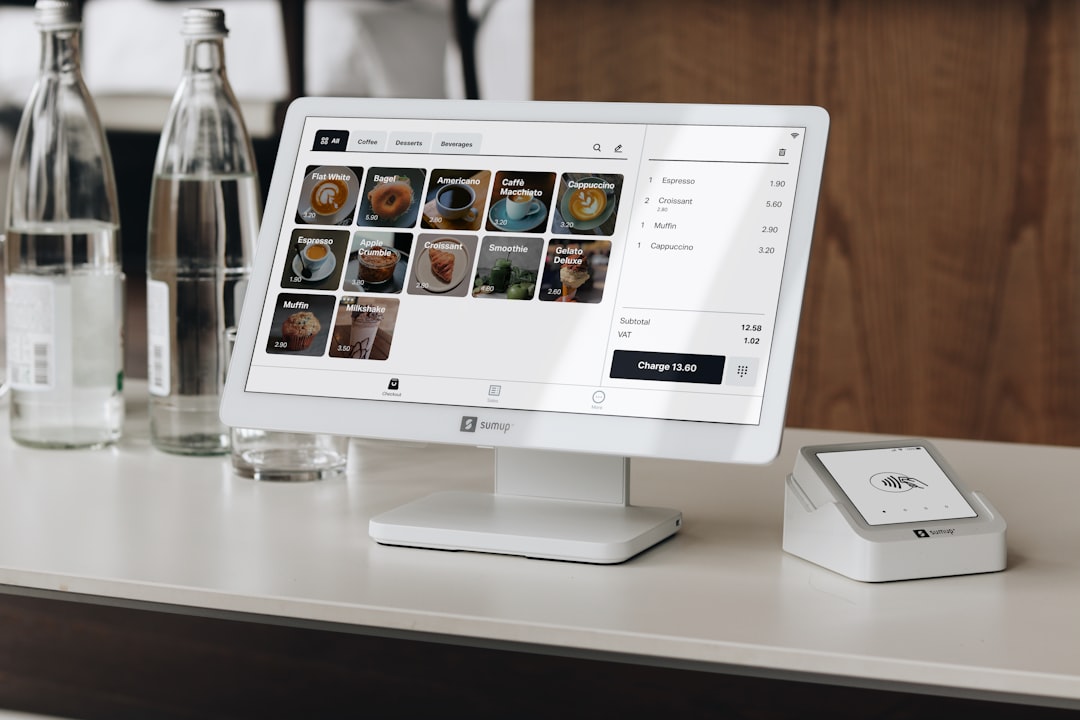
In Charlottesville, Virginia, as in many states across the US, telemarketing laws are designed to protect residents from unsolicited calls, especially those offering legal services. One key regulation is the “Do Not Call” law, which restricts direct marketing calls to numbers registered on the National Do Not Call Registry. This federal list prohibits businesses and law firms from calling these numbers for promotional purposes. Virginia further strengthens this protection with its own state-level Do Not Call laws, making it illegal for telemarketers to call residents who have registered their numbers.
These regulations are crucial in combating annoying and deceptive practices, especially when targeting individuals who may be vulnerable or seeking legal assistance. It’s important for both consumers and law firms alike to understand these laws to ensure compliance and avoid penalties. Remember, if you’ve added your number to the Do Not Call list, it applies across states; a law firm from New Jersey, for instance, shouldn’t call you simply because they operate there.
Common Schemes and Red Flags to Spot Illegal Calls
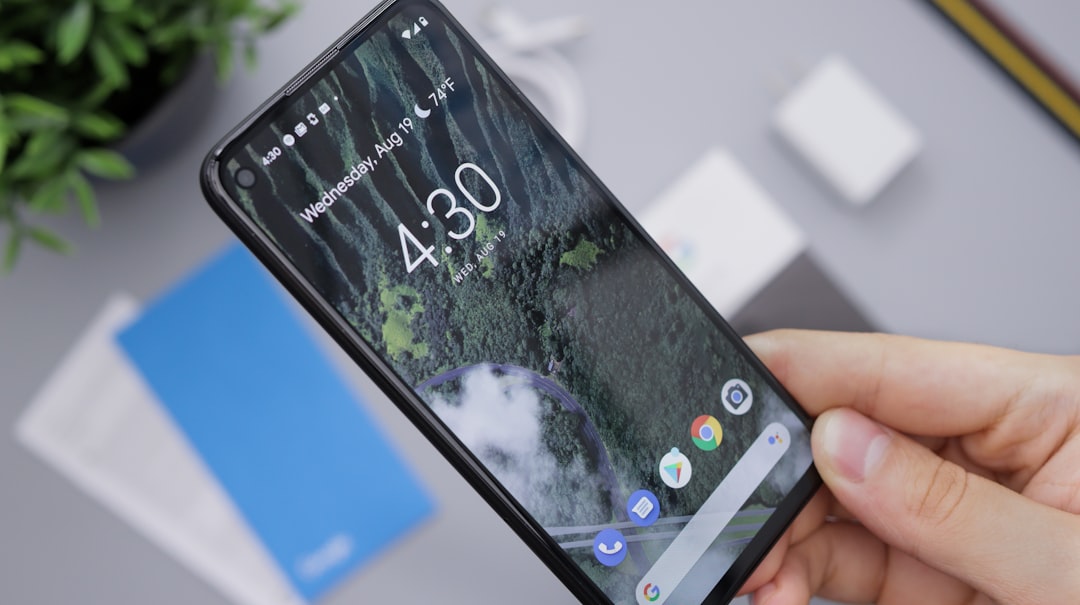
In Charlottesville, Virginia, as in many places across the country, illegal telemarketing calls can be a persistent nuisance. While legitimate businesses adhere to strict regulations, scam artists often employ deceptive tactics to bypass laws protecting consumers. Common schemes include impersonating government agencies, pretending to offer free or discounted services, or urgent requests for personal information. Red flags to watch out for include unexpected calls from unknown numbers, pressure to make immediate decisions, or a reluctance to provide clear contact information of the calling entity.
One specific trend involves calls claiming to be from law firms in New Jersey, aiming to scare recipients into paying for non-existent legal services. Such calls often target the elderly or those with limited technological knowledge. Recognizing these common schemes and their red flags is crucial in spotting and avoiding illegal telemarketing calls. Always verify the legitimacy of a caller by cross-referencing their information with official sources, and never feel pressured to provide personal details over the phone unless you initiated the call and are certain of the caller’s identity and intentions.
The Role of the Better Business Bureau (BBB) in Charlottesville
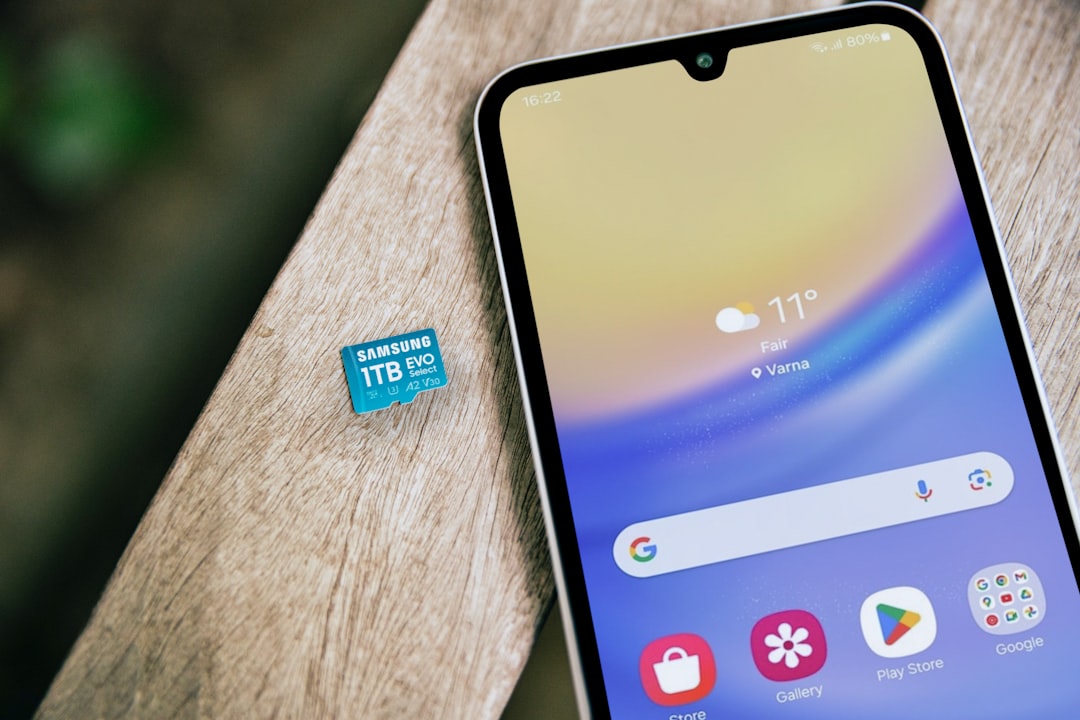
In Charlottesville, Virginia, the Better Business Bureau (BBB) plays a pivotal role in consumer protection, including spotting and addressing illegal telemarketing calls. The BBB serves as a trusted resource for residents by providing information on known scam artists and fraudulent practices. They maintain an extensive database of business reviews and complaints, enabling them to identify recurring offenders. If a Charlottesville resident receives a suspicious call, particularly from law firms in New Jersey claiming to represent debt collectors or offering legal services, they can quickly verify the legitimacy of such calls through the BBB’s resources.
By cross-referencing with the BBB, residents can protect themselves from potential scams and avoid falling victim to illegal telemarketing tactics. This collaborative effort not only helps keep Charlottesville’s consumers safe but also ensures that businesses operating within the area adhere to ethical marketing standards, fostering a more transparent and trustworthy environment for all.
Enforcing Do Not Call Lists: Rights and Responsibilities
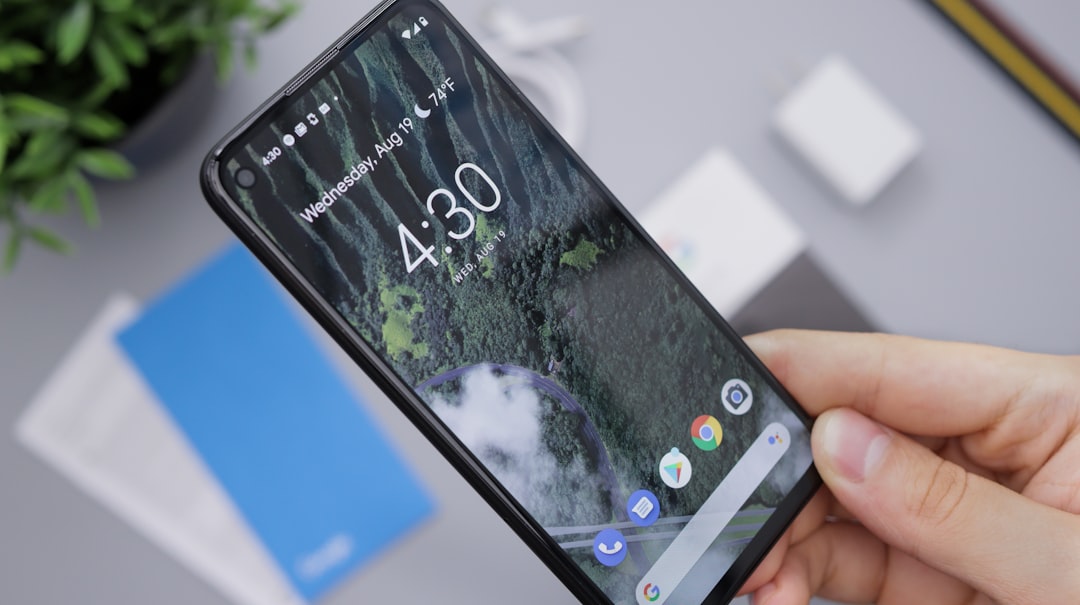
In Charlottesville, Virginia, like across the nation, enforcing Do Not Call lists is a collaborative effort between consumers, businesses, and regulatory bodies. Consumers have the right to register their phone numbers on national Do Not Call registries to limit unsolicited calls from telemarketers. Once registered, it becomes the responsibility of call centers and marketing firms—including those representing Do Not Call law firms in New Jersey—to respect these preferences. Violations can lead to legal repercussions for companies engaging in illegal telemarketing practices.
The Telemarketing Sales Rule (TSR), enforced by the Federal Trade Commission (FTC), outlines strict guidelines for legitimate telemarketers and penalties for non-compliance. This rule supports consumers’ rights by ensuring that their opt-out choices are honored, thereby reducing unwanted and intrusive calls. Understanding and adhering to these regulations is crucial for businesses operating within the regulatory framework of Do Not Call law firms in New Jersey and beyond.
Protecting Yourself: Tips for Dealing with Unwanted Telemarketers

In Charlottesville, Virginia, like many places, illegal telemarketing calls can be a nuisance and even a violation of your privacy. Protecting yourself from these unwanted calls is crucial. One effective strategy is to register your number on the National Do Not Call Registry. This federal list restricts telemarketers from contacting you unless they have your explicit consent. Additionally, avoid sharing your contact information casually; be selective about who receives it.
If you receive illegal telemarketing calls, document them by noting the caller’s number, name (if known), and the date and time of each call. This information can be invaluable if you decide to report the violators. Moreover, never provide personal or financial details over the phone unless you’ve initiated the contact and are certain of the caller’s legitimacy. Remember, reputable companies won’t pressure you into making immediate decisions during such calls. And if a law firm from New Jersey (or any other region) is on the line, be extra cautious; do not share sensitive information and consider blocking their number immediately to prevent further disturbance.
